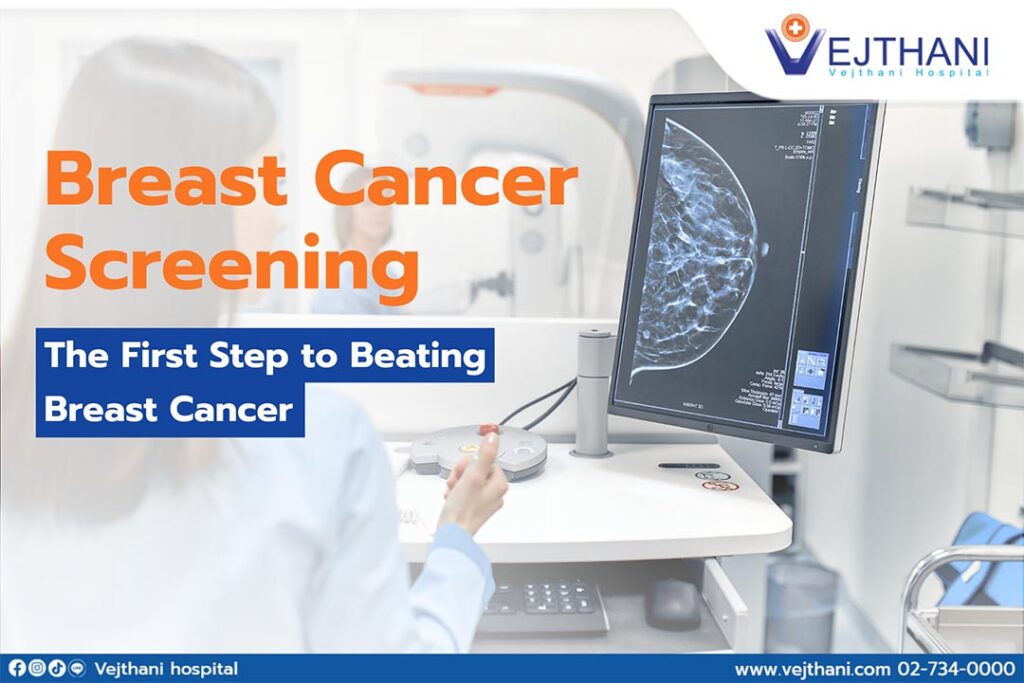

For women aged 25 to 39, clinical breast exams every 1 to 3 years are recommended, along with practicing breast self-awareness. Women 40 and older should undergo annual clinical breast exams and screening mammograms with tomosynthesis. Breast self-awareness continues to be important. In cases of extremely or heterogeneously dense breasts, additional screening methods like breast MRI, ultrasound, or contrast-enhanced mammography may be considered.
Women with a significantly increased risk of breast cancer, indicated by a residual lifetime risk of 20% or higher based on family history, require more frequent monitoring. These individuals should undergo clinical breast exams every 6 to 12 months. Additionally, according to a genetic counselor or a qualified healthcare professional specializing in cancer genetics recommend to assess hereditary factors and provide appropriate guidance. Based on the evaluation, a referral to a breast specialist may be necessary for further management.
Annual screening mammograms with tomosynthesis are recommended for women with increased breast cancer risk due to family history. The starting point for these mammograms is ten years before the age at which the youngest affected family member was diagnosed with breast cancer. Alternatively, the screening can begin after a risk assessment confirms a high risk, but not earlier than age 30. If no family history necessitates earlier screening, it should commence at age 40.
For women with a significantly increased risk of breast cancer, annual breast MRIs are recommended. If MRI is not accessible, a whole breast ultrasound can be considered as an alternative. The initiation of these screenings should occur ten years before the age at which the youngest affected family member was diagnosed with breast cancer, but not earlier than age 25. Alternatively, the decision to start can be based on a risk assessment indicating a high risk, or at age 40 if no earlier criteria apply.
Women with a significantly increased risk of breast cancer should consider risk reduction strategies. These might include genetic testing to identify potential hereditary factors, adopting a healthy lifestyle to minimize risk, exploring the use of risk-reducing medications, and considering surgical options to reduce breast cancer risk.
For more information, please contact
Life Cancer Center, Vejthani Hospital
Call: (+66)2-734-0000 Ext. 2720
English Hotline: (+66)85-223-8888
- Readers Rating
- Rated 5 stars
5 / 5 ( Reviewers) - Spectacular
- Your Rating




























